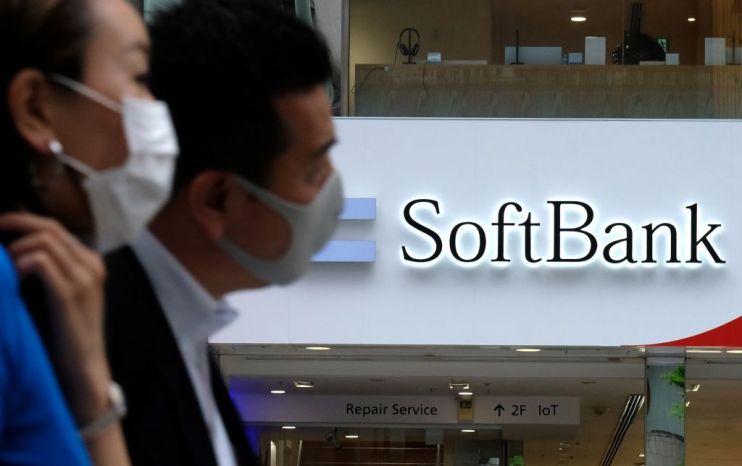Softbank Vision Fund expands minority founder programme to Europe

Softbank’s Vision Fund has today said it will be expanding its programme to uplift minority founders to Europe, after completing its first cohort in the US.
Launched in partnership with Wework Labs, the Emerge programme is an eight-week intensive startup accelerator designed to help early-stage founders from underrepresented backgrounds.
Each participating startup must have at least one founder that is female or non-binary, a veteran, a refugee, LGBTQ or a person of colour.
Though Softbank initially said it would not invest capital in any of the startups in the first cohort, Vision Fund head Rajeev Misra today said it would be taking stakes in all 14 of the companies.
The Emerge programme will also be scaled up to manage two cohorts per year. It is intended to act alongside Softbank’s $100m Opportunity Fund, launched earlier this month, which is targeted solely at “founders and entrepreneurs of colour”.
The expansion means that UK startups will now be eligible to apply for the Emerge programme’s second cohort, scheduled to begin in the second half of 2020.
“We’ve been hugely impressed by the talent and vision of the Emerge founders,” said Misra in a statement.
“By significantly expanding the reach of our accelerator, we’ll be able to partner more closely with even more exceptional founders and help them scale their startups.”
The news comes at a difficult time for Softbank, as it recovers from swinging to a record annual loss earlier this year following a number of soured bets on tech firms such as Wework.
It was reported earlier this month that it intends to lay off up to 15 per cent of staff at its London-headquartered Vision Fund, despite doubling Misra’s annual salary to more than $15m.
Softbank’s bet on Wework was particularly problematic for the Vision Fund, with the group’s chief executive Masayoshi Son calling the move “foolish” last month. The firm is reported to have invested around $19bn in Wework, with the latter’s valuation dropping from $47bn ahead of its botched market debut last year to $2.9bn in March.